

It might be nice if auto reviewers included a “privacy rating” for a vehicle based OK whether it broadcasts anything via radio (e.g. cell or tire-pressure systems can be used to identify someone). It’s not just auto manufacturers, but anyone who wants to set up a radio monitoring network, if there are unique IDs being broadcast.
I don’t know how a reviewer could know whether there’s a way for a manufacturer to gather logs during maintenance.




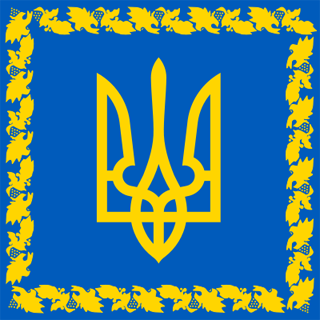


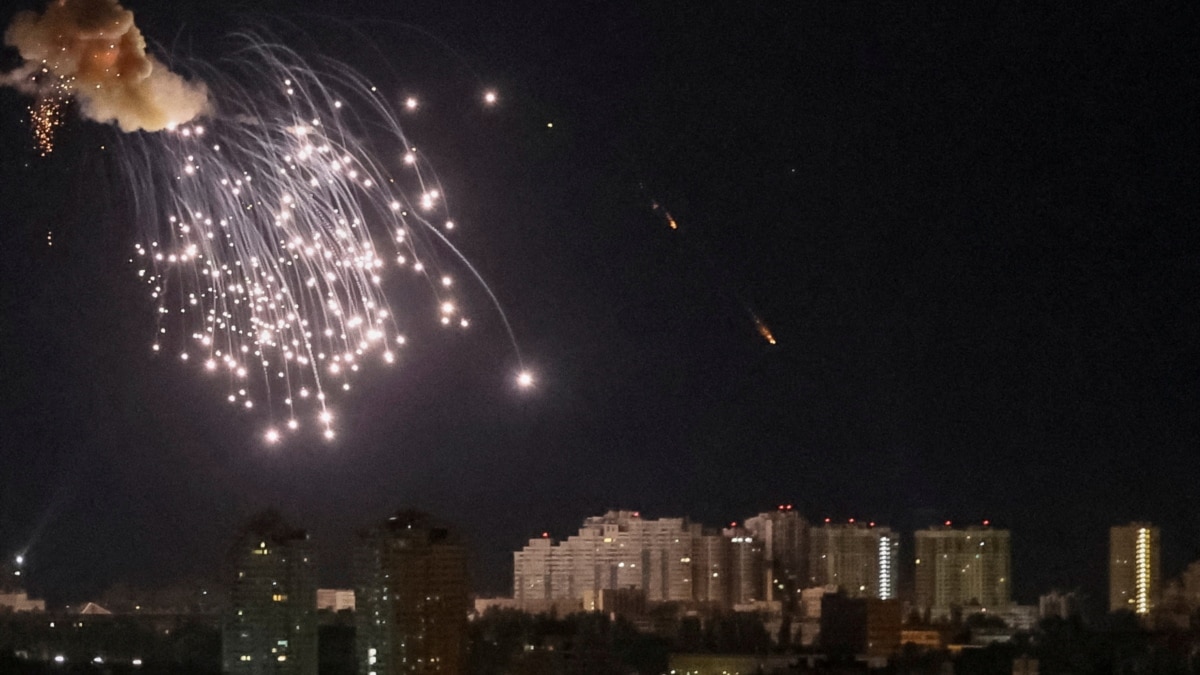
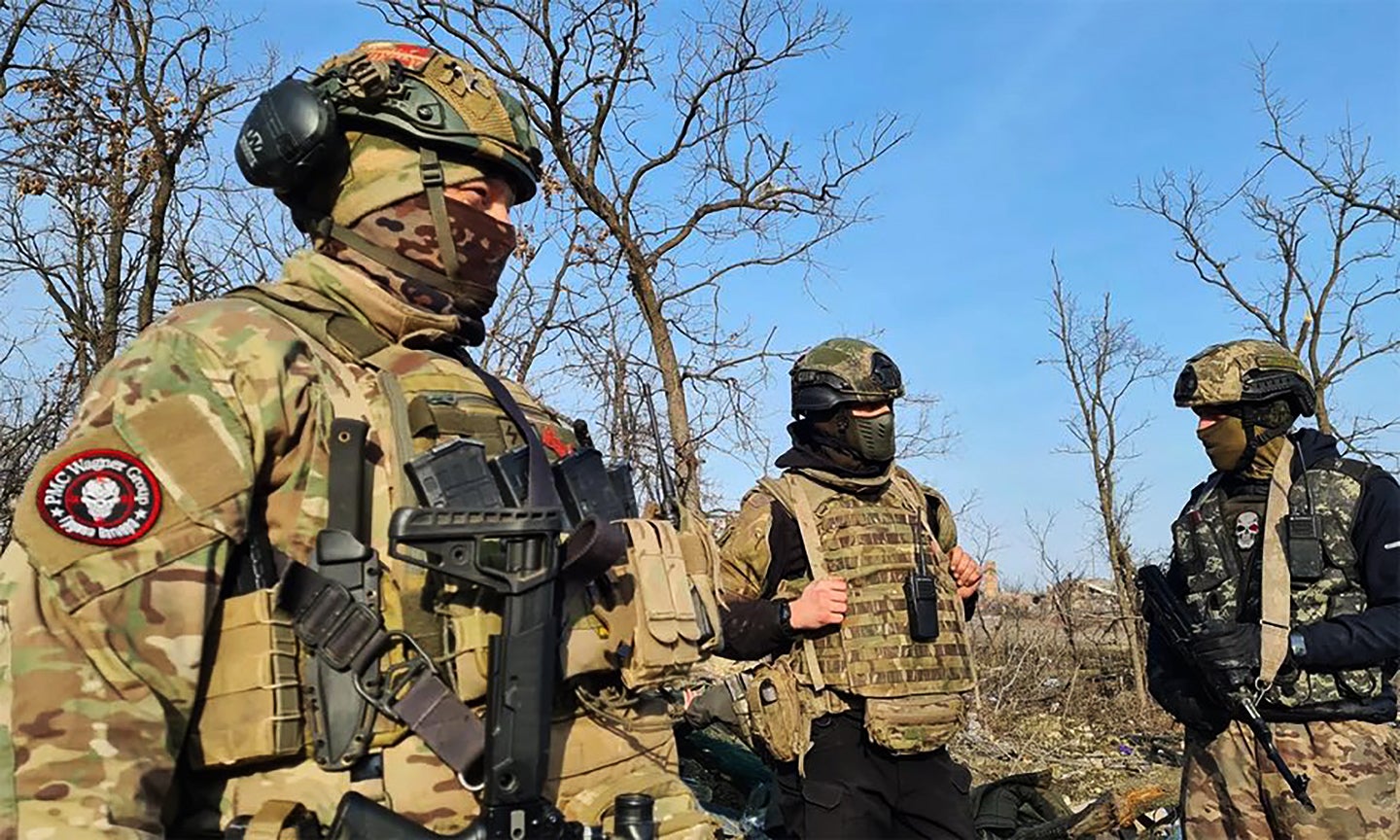
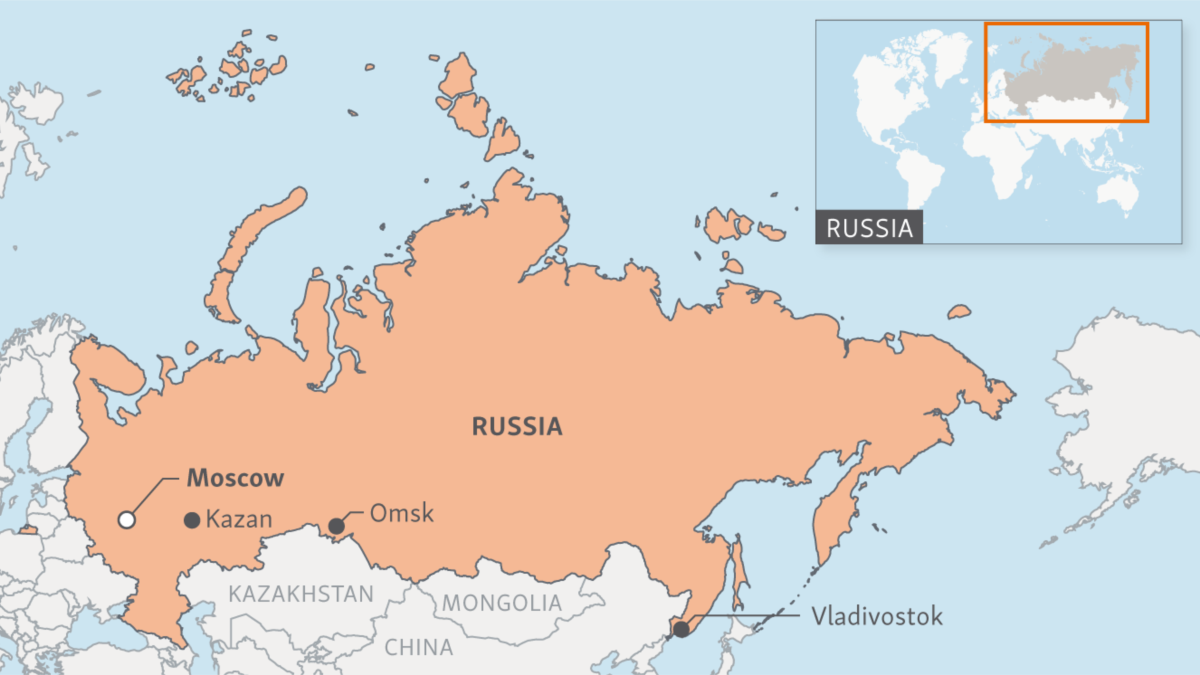

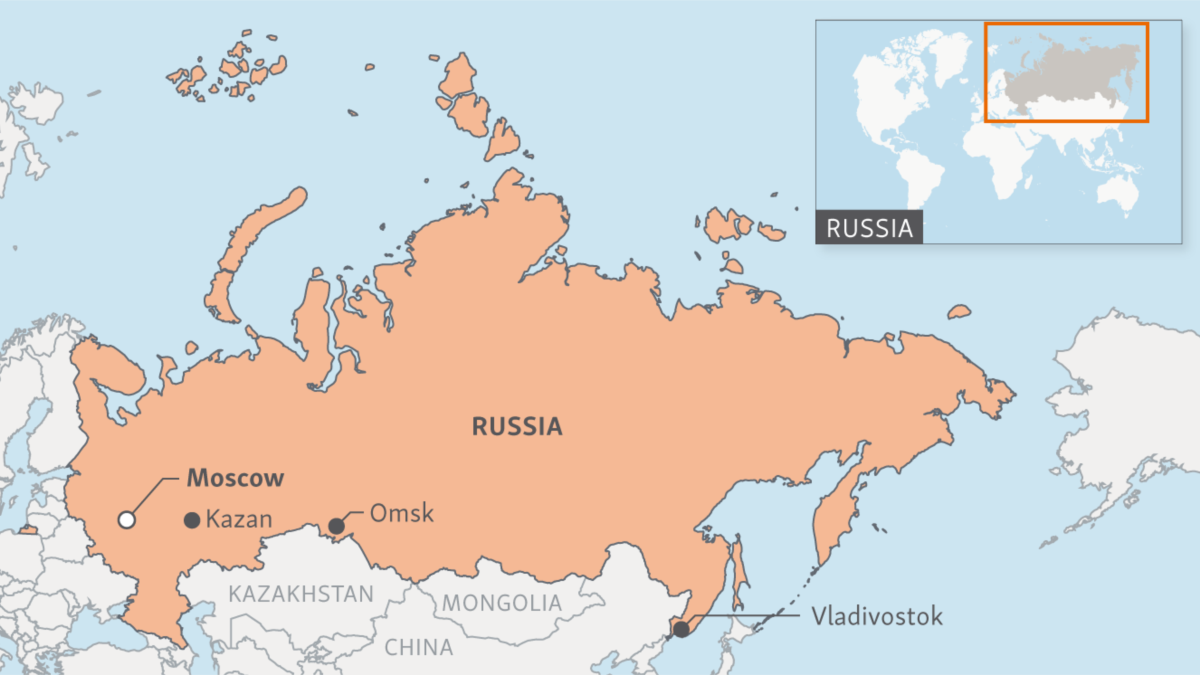


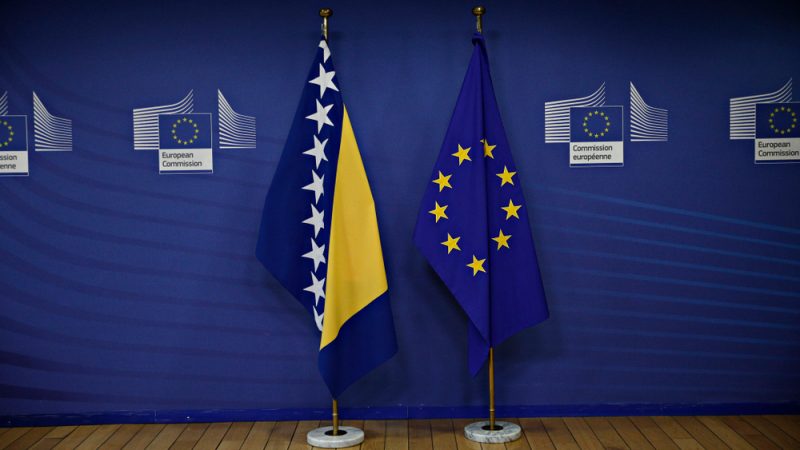


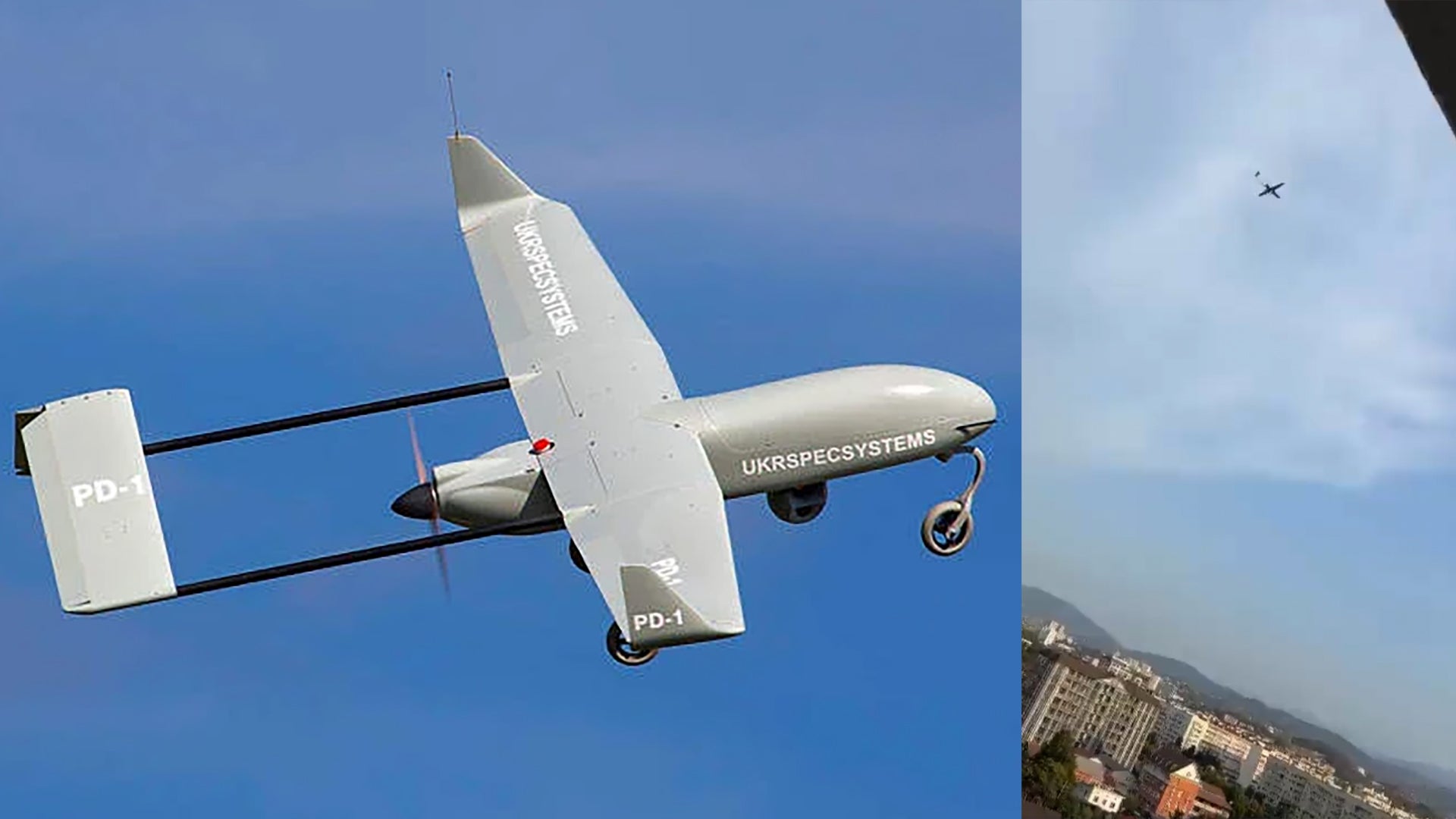
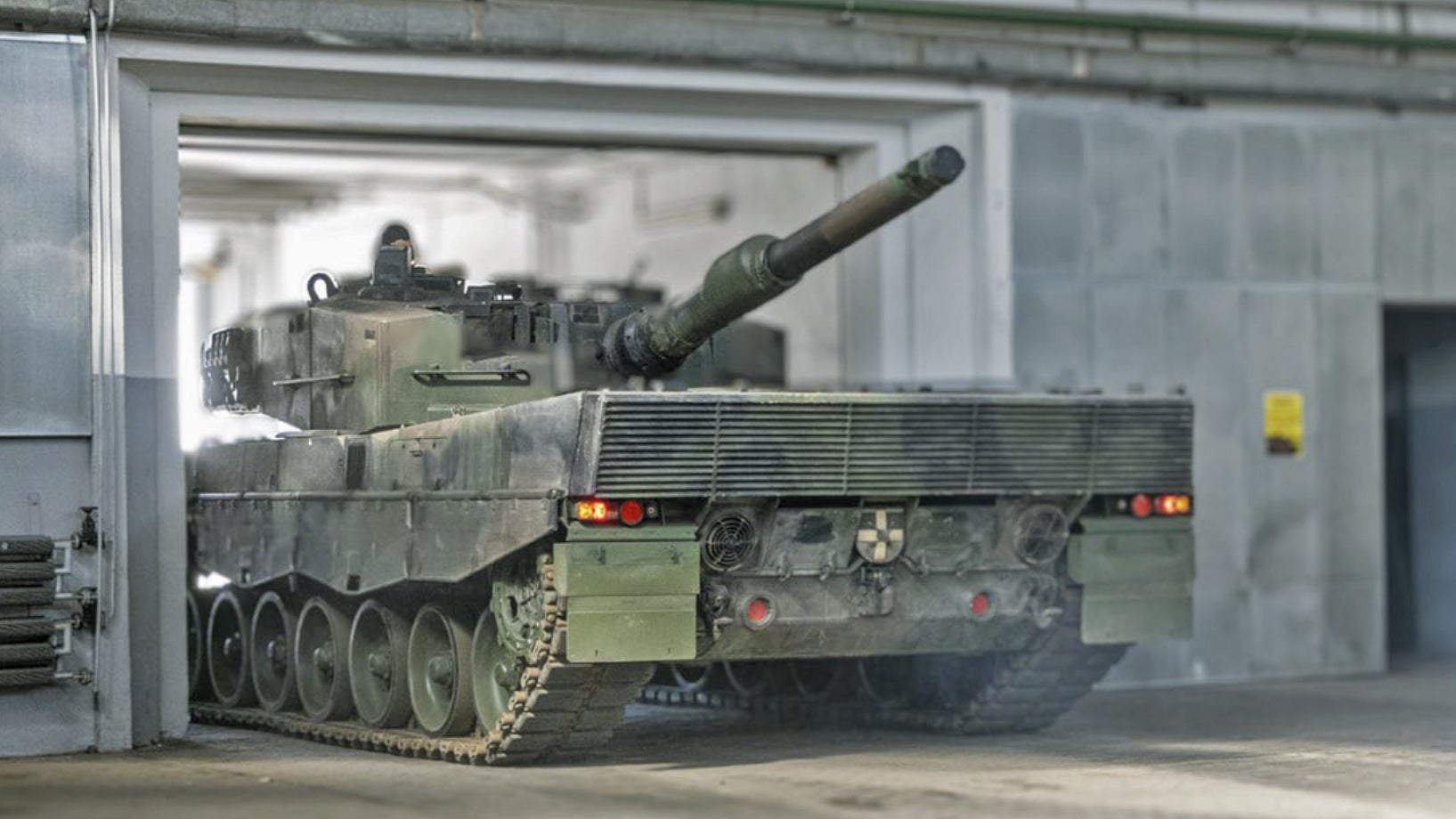
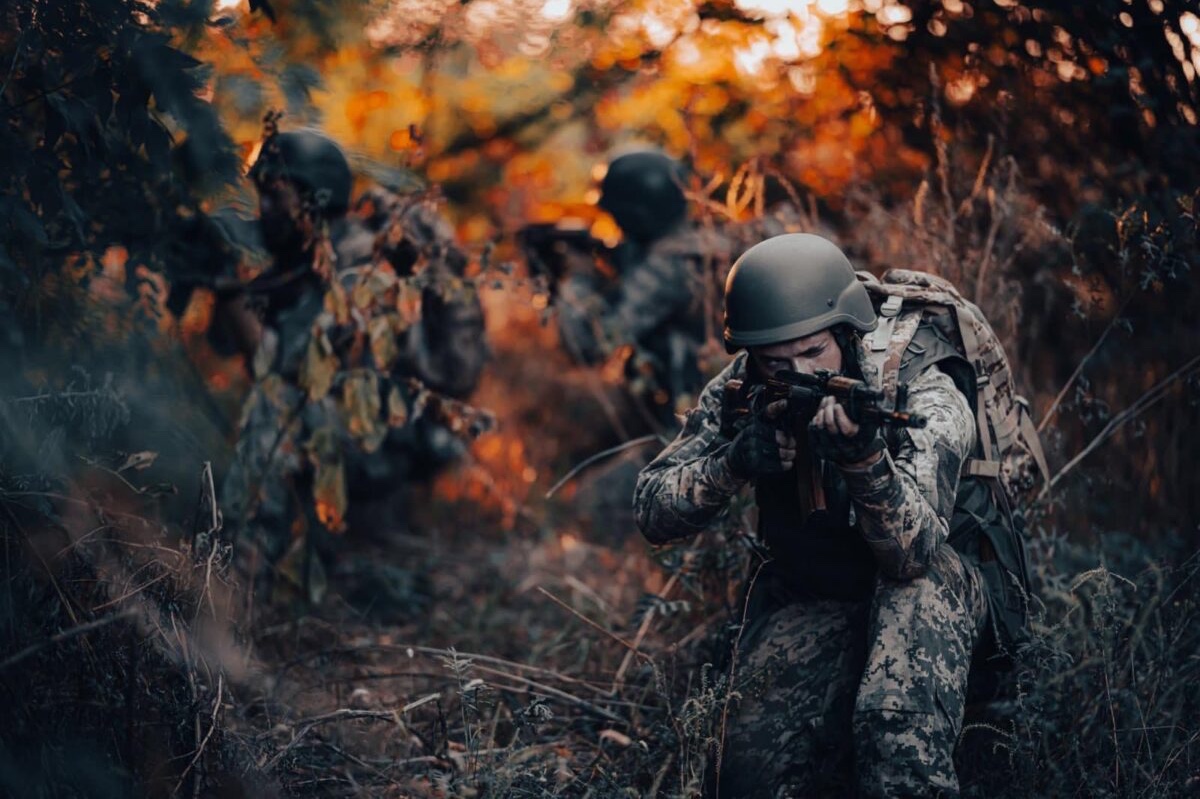
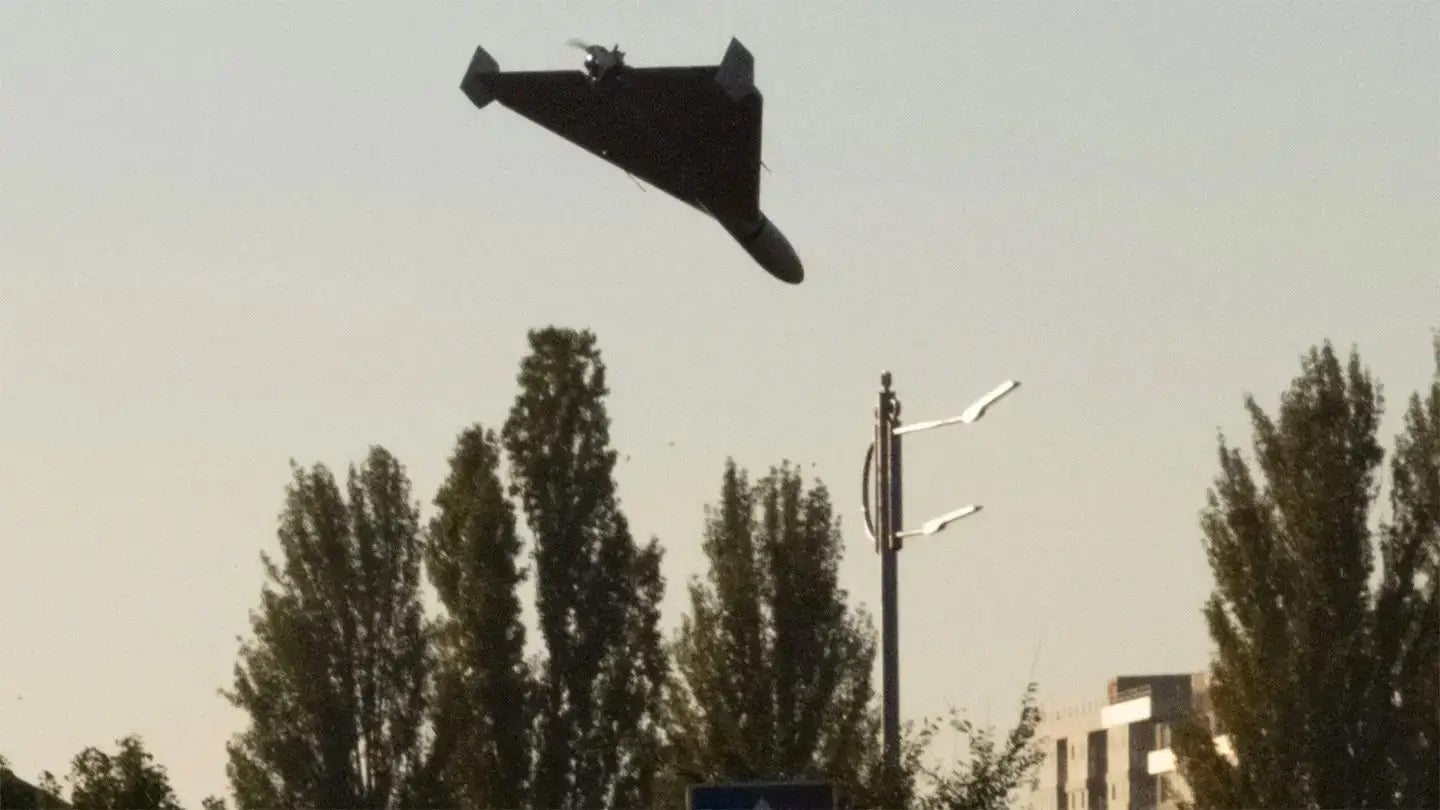
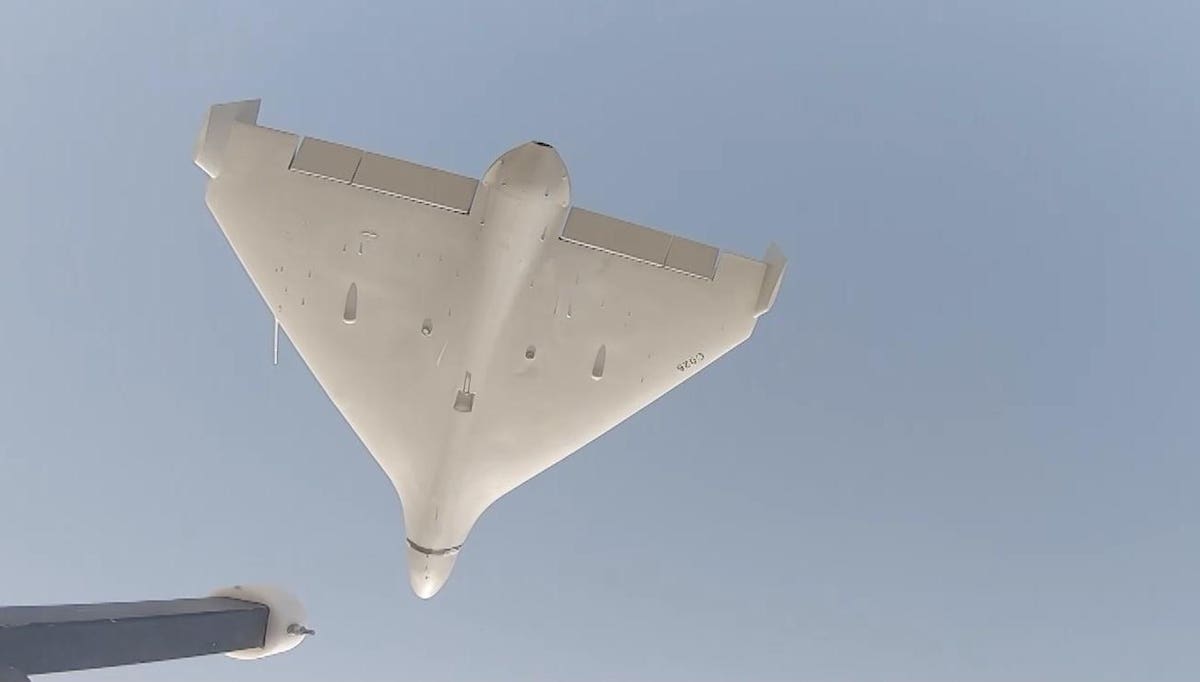
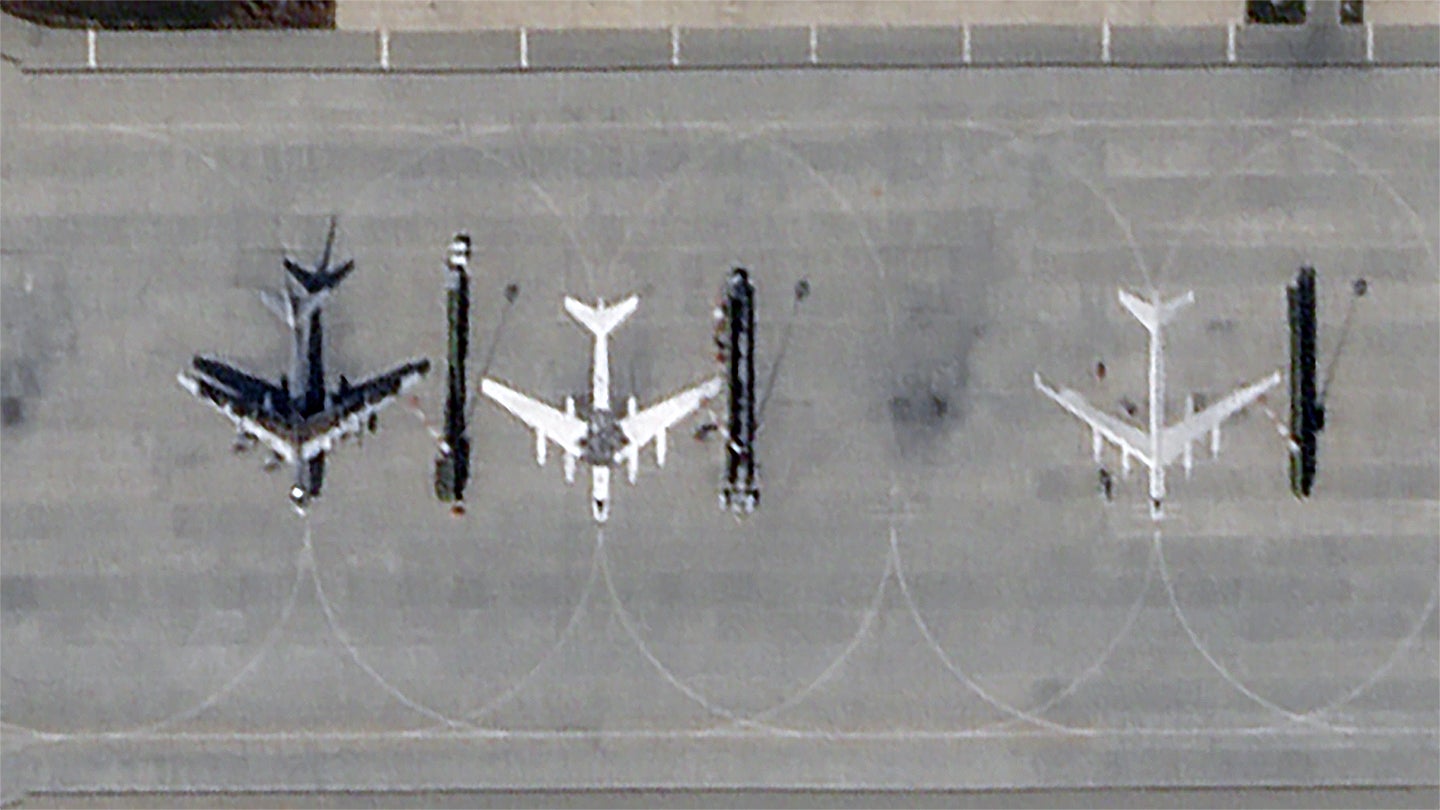
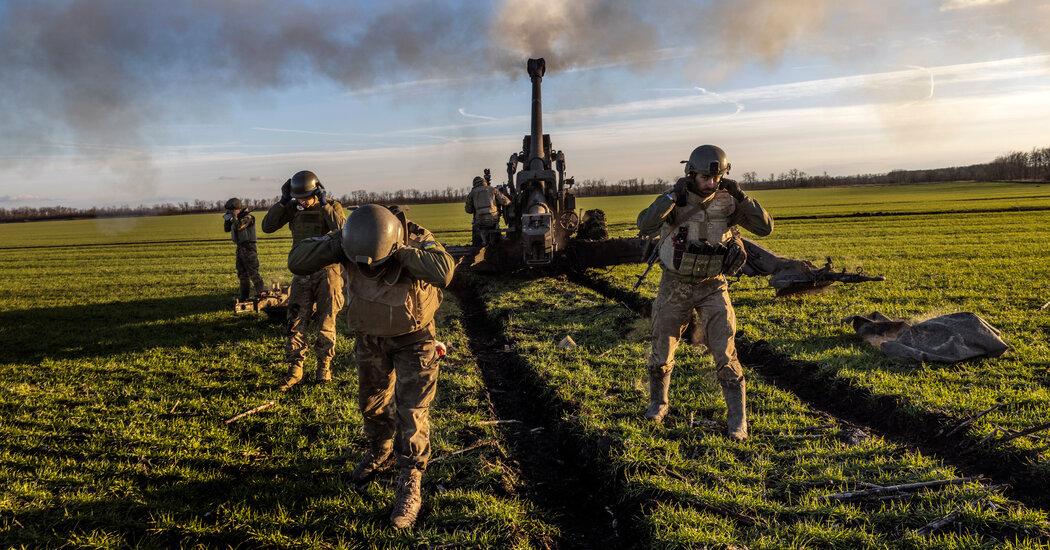
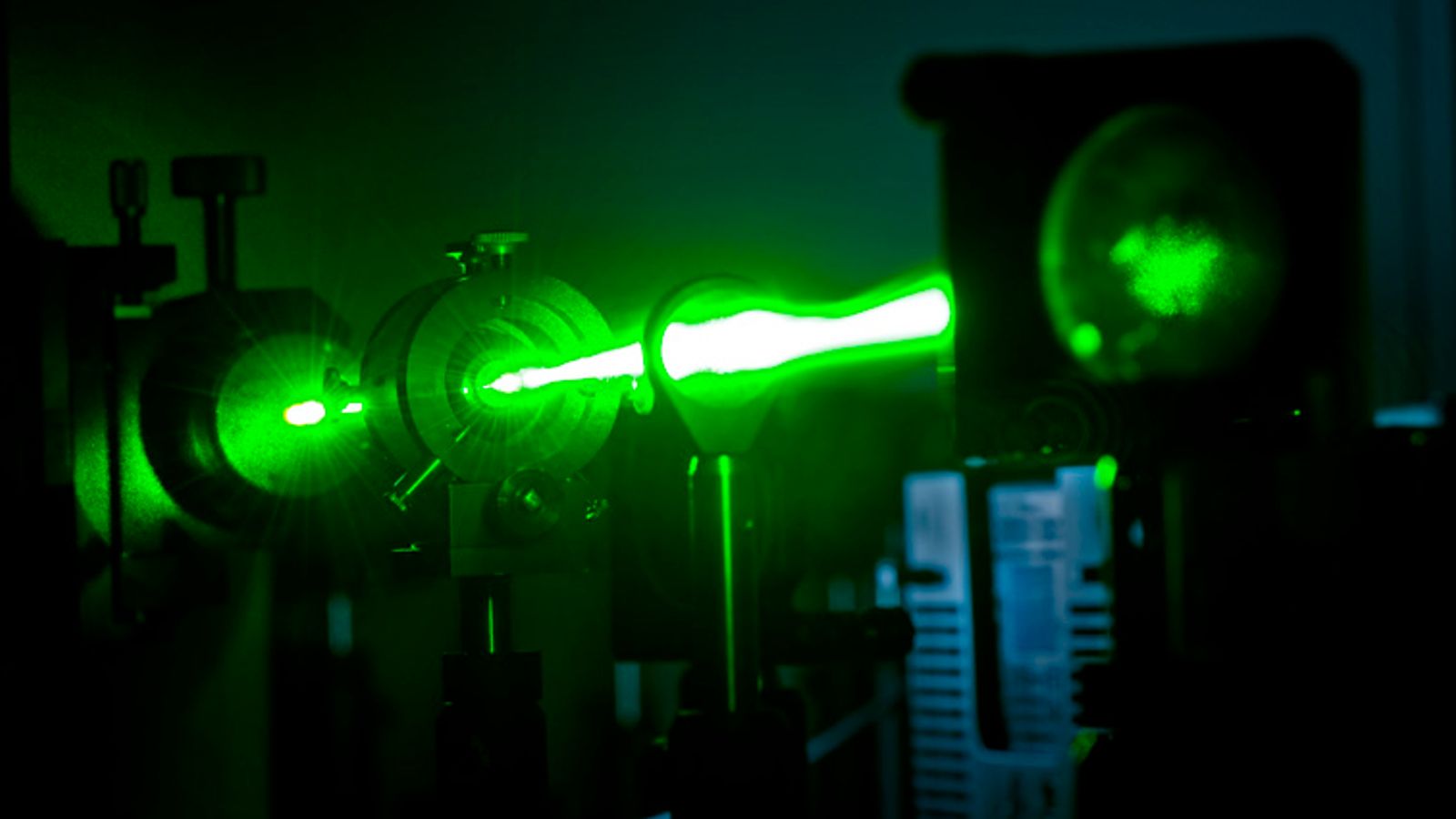
deleted by creator